-79%
Understanding the Nuances of Adult Brain MRI with Radiopaedia’s Comprehensive Review Course
Radiopaedia’s Adult Brain MRI Review Course, led by the esteemed Dr. Frank Gaillard and Dr. Andrew Dixon, offers a comprehensive exploration of the key concepts in adult brain MRI interpretation. This meticulously crafted video series employs a highly effective case review approach, making it an ideal resource for radiologists, radiology residents, neurologists, neurosurgeons, and MRI technologists seeking to expand their knowledge and enhance their diagnostic skills.
Course Highlights: A Comprehensive Guide to Adult Brain MRI Interpretation
1. Extra-Axial Masses
This section delves into the complexities of extra-axial masses, providing a structured understanding of their characteristics, differential diagnoses, and clinical implications. The course examines common extra-axial lesions such as meningiomas, schwannomas, and solitary fibrous tumors, equipping participants with the knowledge to confidently distinguish between these neoplasms.
2. Intra-Axial Supratentorial Masses
Moving beyond extra-axial lesions, the course explores the spectrum of intra-axial supratentorial masses, focusing on their typical imaging appearances and pathophysiological mechanisms. Participants will gain insights into the diverse range of tumors that arise within the cerebral hemispheres, from gliomas and metastases to rare entities such as central neurocytomas.
3. Intraventricular Lesions
The course meticulously examines intraventricular lesions, offering a detailed analysis of their etiology, imaging characteristics, and clinical significance. Participants will delve into the differential diagnoses of neoplasms, vascular anomalies, and inflammatory lesions that affect the ventricles, honing their ability to provide accurate and timely diagnoses.
4. Hydrocephalus & Intracranial Pressure
The course comprehensively explores the intricacies of hydrocephalus and intracranial pressure, providing a comprehensive understanding of their pathophysiology, imaging findings, and management strategies. Through detailed case presentations, participants will gain insights into the various types of hydrocephalus, including communicating and non-communicating, and learn the essential principles of their management.
5. Vascular Neurodegenerative Disease
This section of the course focuses on understanding the imaging manifestations of vascular neurodegenerative diseases, such as Alzheimer’s disease, Parkinson’s disease, and multiple sclerosis. Participants will study the characteristic MRI findings associated with these conditions and gain insights into the role of MRI in their diagnosis and monitoring.
6. Posterior Fossa
The course thoroughly examines the posterior fossa, covering the anatomy, imaging protocols, and common pathologies that affect this region. Participants will learn to differentiate between congenital anomalies, vascular malformations, neoplasms, and other lesions that arise within the posterior fossa, enhancing their ability to provide accurate diagnoses.
7. Infections
This section of the course delves into the spectrum of infections that affect the adult brain, providing a comprehensive understanding of their imaging findings and clinical presentations. Participants will study the characteristic features of various infectious agents, including bacteria, viruses, fungi, and parasites, and gain insights into the appropriate diagnostic and management strategies.
8. Congenital Malformations
The course meticulously explores the imaging manifestations of congenital malformations of the adult brain, highlighting their embryological basis and clinical significance. Participants will gain a thorough understanding of the various types of malformations, such as agenesis, hypoplasia, and malformations of cortical development, and learn how to differentiate between them.
9. White Matter Disease
This section of the course covers the diverse spectrum of white matter diseases, focusing on their pathophysiology, imaging characteristics, and clinical correlations. Participants will study the different types of white matter abnormalities, such as leukoencephalopathies, demyelinating diseases, and vascular lesions, and gain insights into their diagnostic and management considerations.
10. Pineal Region
The course examines the pineal region, providing a comprehensive understanding of its anatomy, function, and common pathologies. Participants will learn to recognize the imaging characteristics of pineal cysts, tumors, and other lesions that affect this region and gain insights into their clinical significance and management strategies.
11. Epilepsy
This section of the course explores the role of MRI in the diagnosis and management of epilepsy, focusing on the identification of epileptogenic foci and the assessment of surgical candidates. Participants will study the different types of MRI sequences and techniques used in epilepsy imaging and gain insights into the latest advancements in this field.
12. Pituitary Region
The course concludes with an in-depth examination of the pituitary region, encompassing its anatomy, imaging protocols, and common pathologies. Participants will learn to differentiate between pituitary adenomas, hyperplasias, and other lesions that affect this region and gain insights into their clinical significance and management strategies.




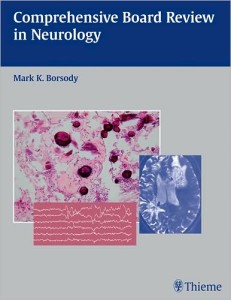
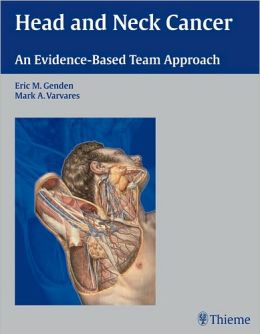
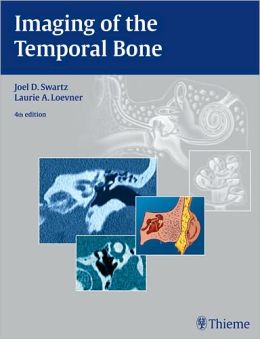
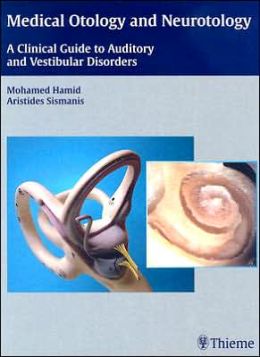
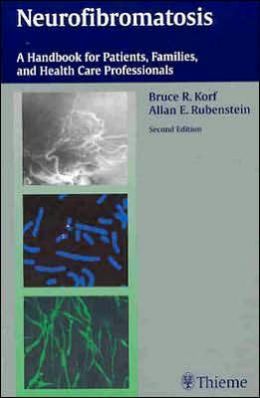
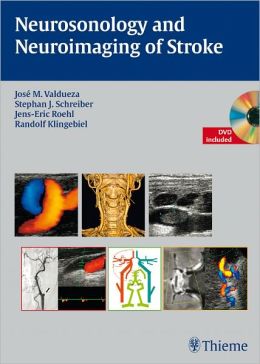
Reviews
Clear filtersThere are no reviews yet.